Introduction
Bees are more than just small, buzzing insects; they’re an indispensable part of our ecosystem and agriculture. Without them, our food supply and natural landscapes would drastically change. So, why should we care so much about saving the bees? Let’s dive into the fascinating world of bees and understand their importance, the challenges they face, and what we can do to ensure their survival.
Why Bees Are Important
Pollination Powerhouses
Bees are the unsung heroes of pollination. These tiny creatures are responsible for pollinating approximately 75% of the crops that produce fruits, nuts, and vegetables. Without their tireless work, many of the foods we love would be much harder to grow and far less abundant.
- Fruits and Vegetables: Apples, blueberries, cucumbers, and almonds rely heavily on bee pollination.
- Nuts: Almonds, a popular snack and milk alternative, depend entirely on bees for pollination.
- Coffee: Even our beloved morning cup of coffee owes a debt to these industrious insects.
Biodiversity Boosters
Beyond agriculture, bees play a critical role in maintaining biodiversity. By pollinating wild plants, they help sustain diverse ecosystems that support a wide range of animal and plant species. Without bees, the balance of these ecosystems could be disrupted, leading to unforeseen consequences.
Economic Impact
The economic value of bees is staggering. In the U.S. alone, bee pollination contributes an estimated $15 billion to the economy annually. This figure includes the direct benefits to agriculture and the broader impacts on industries that rely on crop production.
The Challenges Bees Face
Habitat Loss
Urbanization and agricultural expansion have led to significant habitat loss for bees. As wildflowers and nesting sites disappear, bees struggle to find the resources they need to survive. This reduction in habitat also limits their ability to pollinate, further threatening their populations.
Pesticides
Pesticides, particularly neonicotinoids, have been linked to declining bee populations. These chemicals can be toxic to bees, impairing their ability to forage, reproduce, and even navigate. Reducing pesticide use and finding bee-friendly alternatives is crucial for their survival.
Climate Change
Climate change is another significant threat to bees. Altered weather patterns can affect the availability of flowers and nesting sites, while extreme temperatures can be fatal. Bees are also sensitive to changes in flowering times, which can disrupt their feeding schedules.
Disease and Parasites
Bees are susceptible to various diseases and parasites, such as the Varroa destructor mite. These pests can weaken and decimate bee colonies, making it even more challenging for bee populations to thrive.
How Can We Help Save the Bees?
Plant Bee-Friendly Gardens
One of the easiest ways to support bees is by planting a bee-friendly garden. Choose native flowers that provide nectar and pollen throughout the growing season. Here are some suggestions:
- Lavender: A favorite among bees, lavender provides abundant nectar.
- Sunflowers: These towering plants are not only beautiful but also bee magnets.
- Wildflowers: Plant a mix of native wildflowers to offer a diverse and continuous food source.
All-in-one Save The Bees! Variety Pack
NEW! All-in-One SAVE THE BEES! Garden Variety Pack includes an assortment of our 15 most popular varieties which we have found bees seem to really be attracted to their flowers. Get the package
Plant these individually packaged seeds in your garden to naturally attract bees!
Reduce Pesticide Use
Avoid pesticides in your garden and opt for natural pest control methods. Encourage beneficial insects like ladybugs and lacewings, which can help keep pest populations in check without harming bees.
Support Local Beekeepers
Buying honey and other bee products from local beekeepers helps support their work and the health of local bee populations. Many beekeepers also offer bee-friendly plants and workshops on how to care for bees.
Advocate for Bee Protection Policies
Get involved in advocacy efforts to protect bees. Support legislation aimed at reducing pesticide use, conserving habitats, and funding bee research. Your voice can make a difference in shaping policies that benefit bees and our environment.
Create Bee Habitats
Providing nesting sites for bees can help bolster their populations. This can be as simple as leaving a patch of bare ground for ground-nesting bees or setting up bee hotels for solitary bees.
Frequently Asked Questions (FAQs)
Why are bees important to our food supply?
Bees are crucial for pollinating many of the crops we rely on for food, including fruits, vegetables, and nuts. Without bees, these crops would be much harder to produce and more expensive.
What is causing the decline in bee populations?
Several factors contribute to the decline in bee populations, including habitat loss, pesticide use, climate change, and disease. Each of these challenges poses a significant threat to bee survival.
How can I help bees in my own garden?
You can help bees by planting a variety of native flowers that bloom at different times of the year, reducing pesticide use, and providing nesting sites. Supporting local beekeepers and advocating for bee-friendly policies also makes a big difference.
Are all bees equally important for pollination?
While honeybees are often highlighted for their pollination work, many other bee species, such as bumblebees and solitary bees, are also essential pollinators. Biodiversity among bee species is crucial for healthy ecosystems.
What are bee hotels, and how do they work?
Bee hotels are structures that provide nesting sites for solitary bees. These bees do not live in colonies but instead nest individually in holes and cavities. Bee hotels mimic these natural nesting sites and help support solitary bee populations.
Conclusion
Saving the bees isn’t just about protecting a single species; it’s about safeguarding our entire ecosystem and food supply. Bees play a vital role in pollination, biodiversity, and the economy. By understanding the challenges they face and taking actionable steps to support them, we can ensure that these tiny but mighty insects continue to thrive. So, plant those wildflowers, reduce pesticide use, and become a champion for the bees. Our future may very well depend on it.





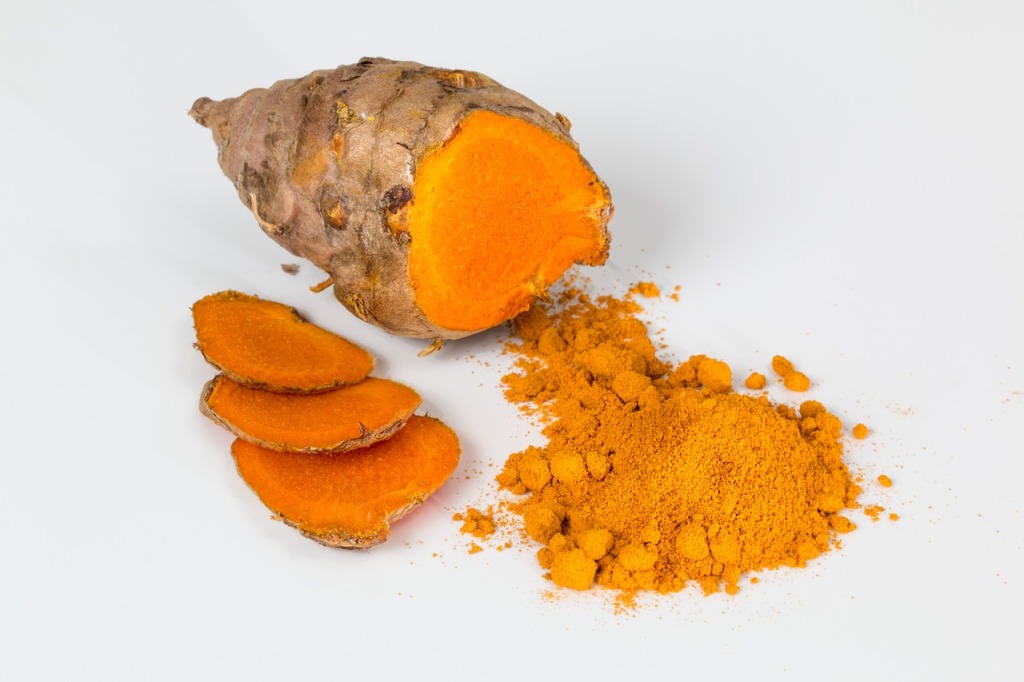
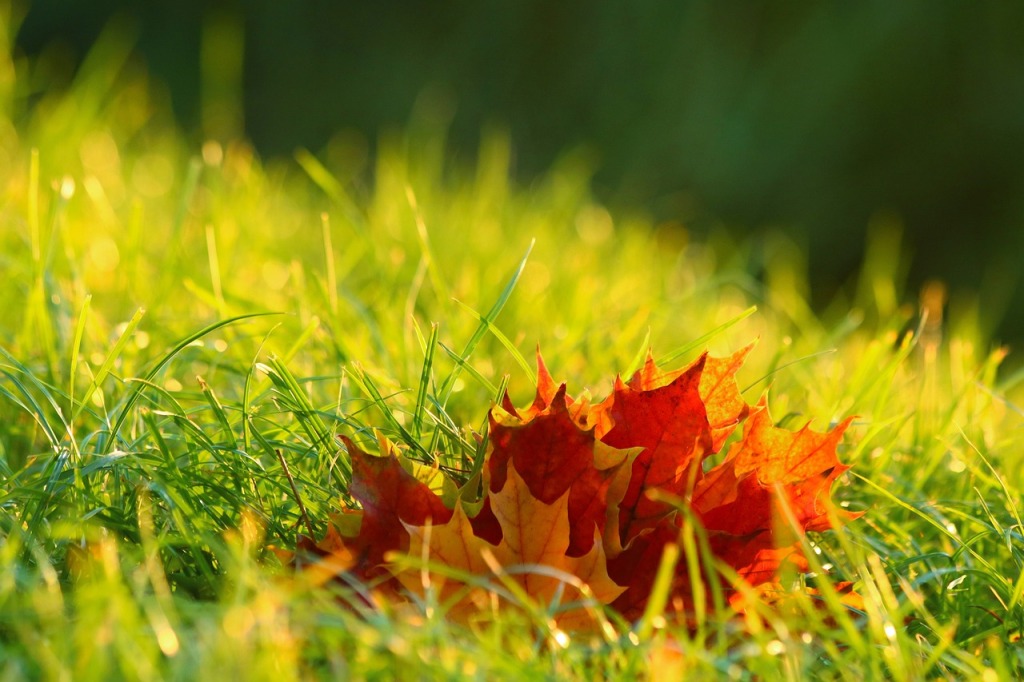
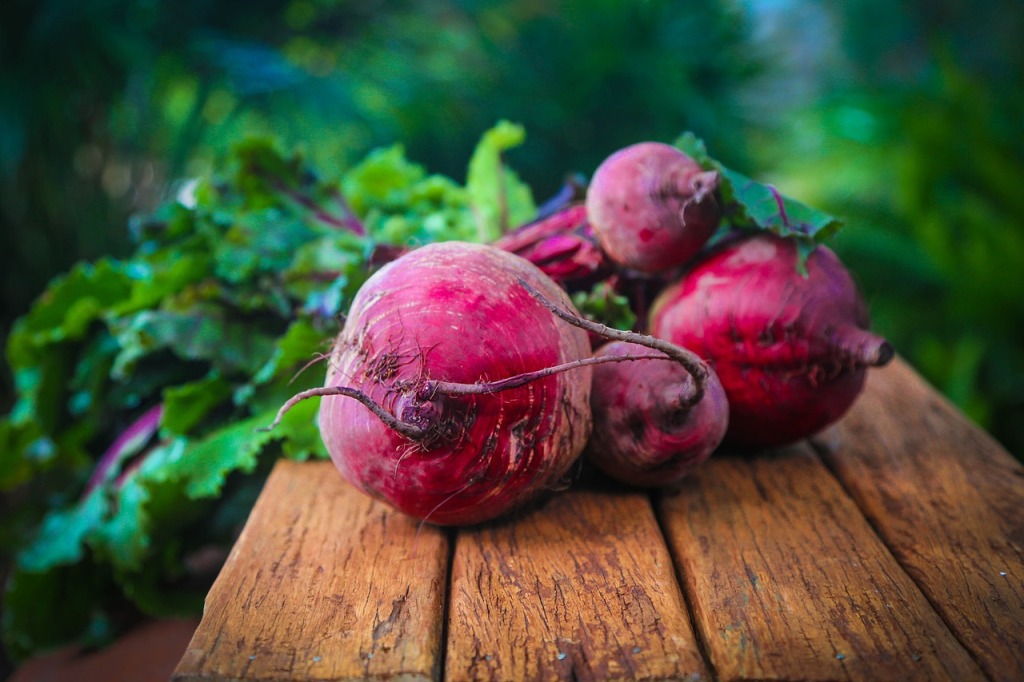
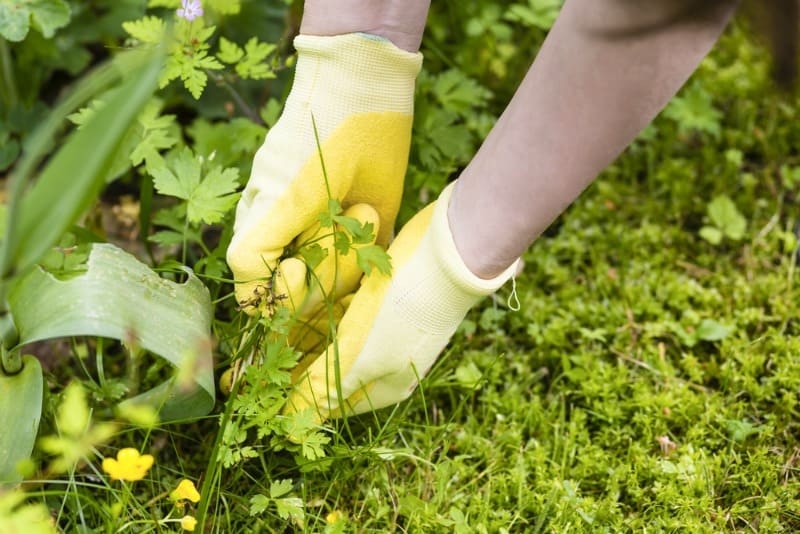
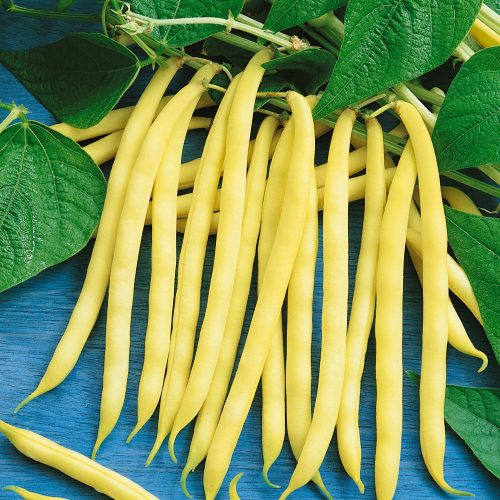
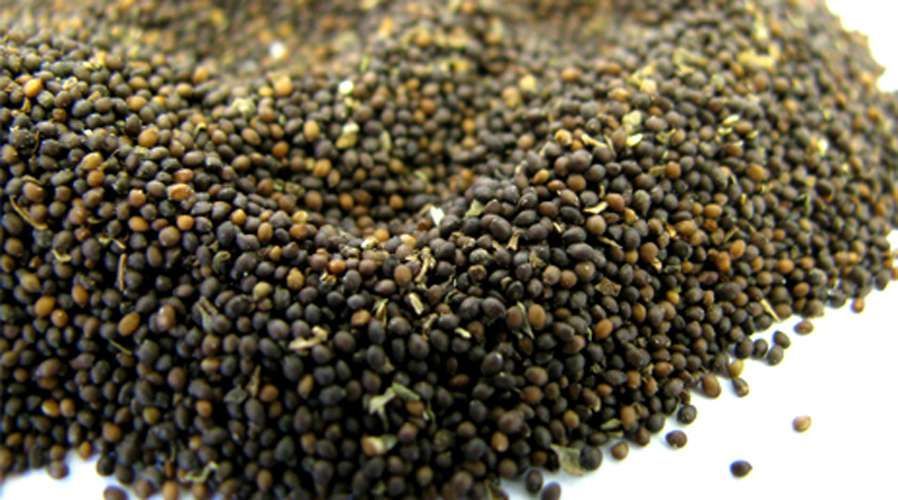
Leave a comment